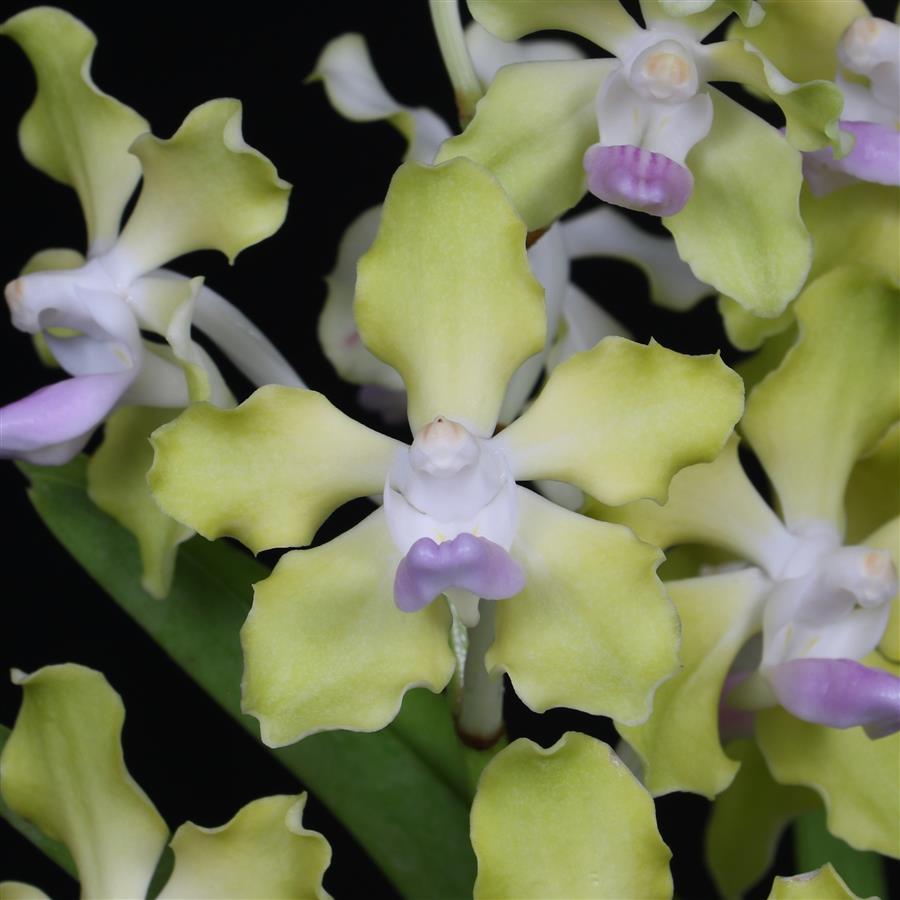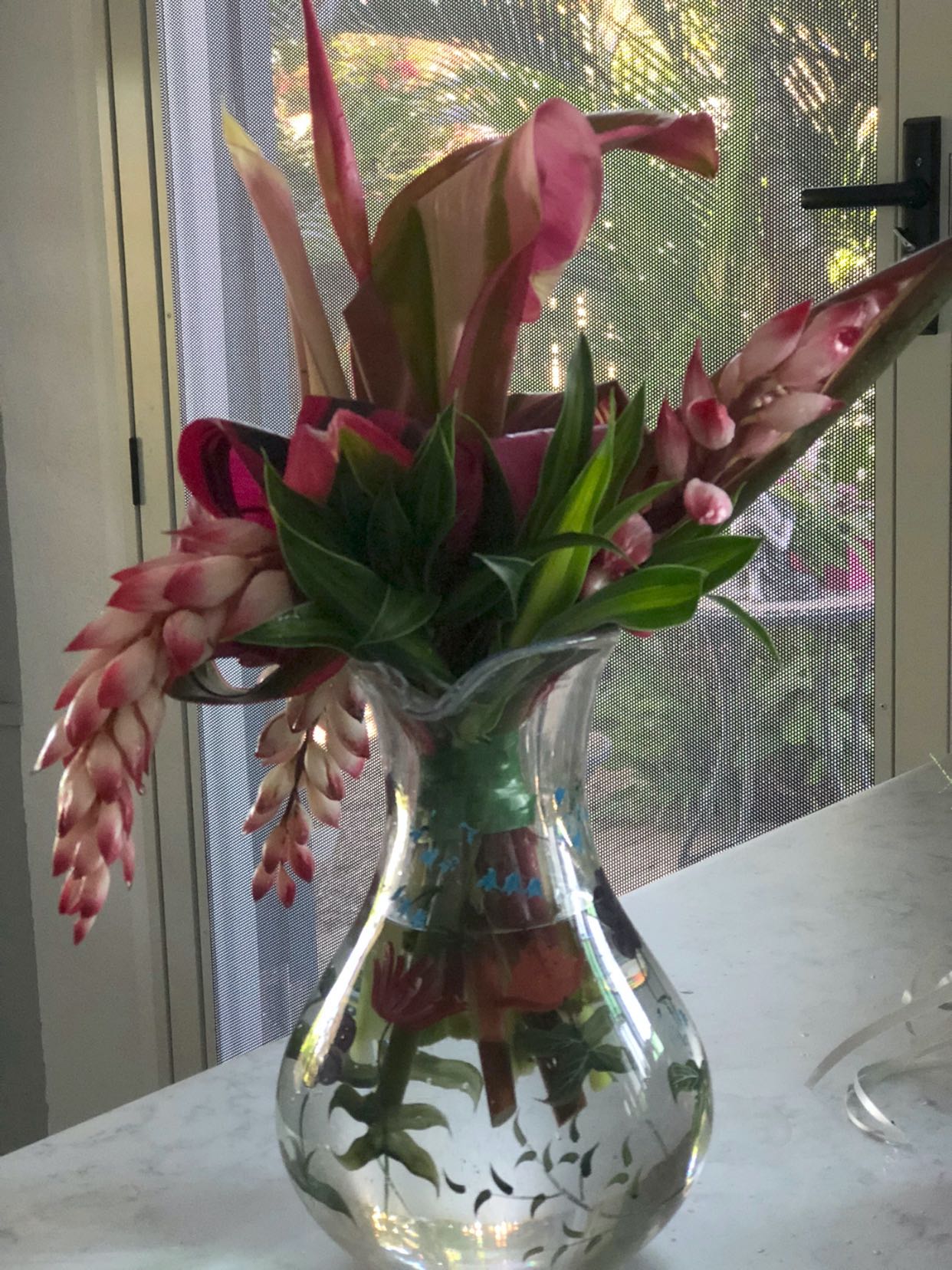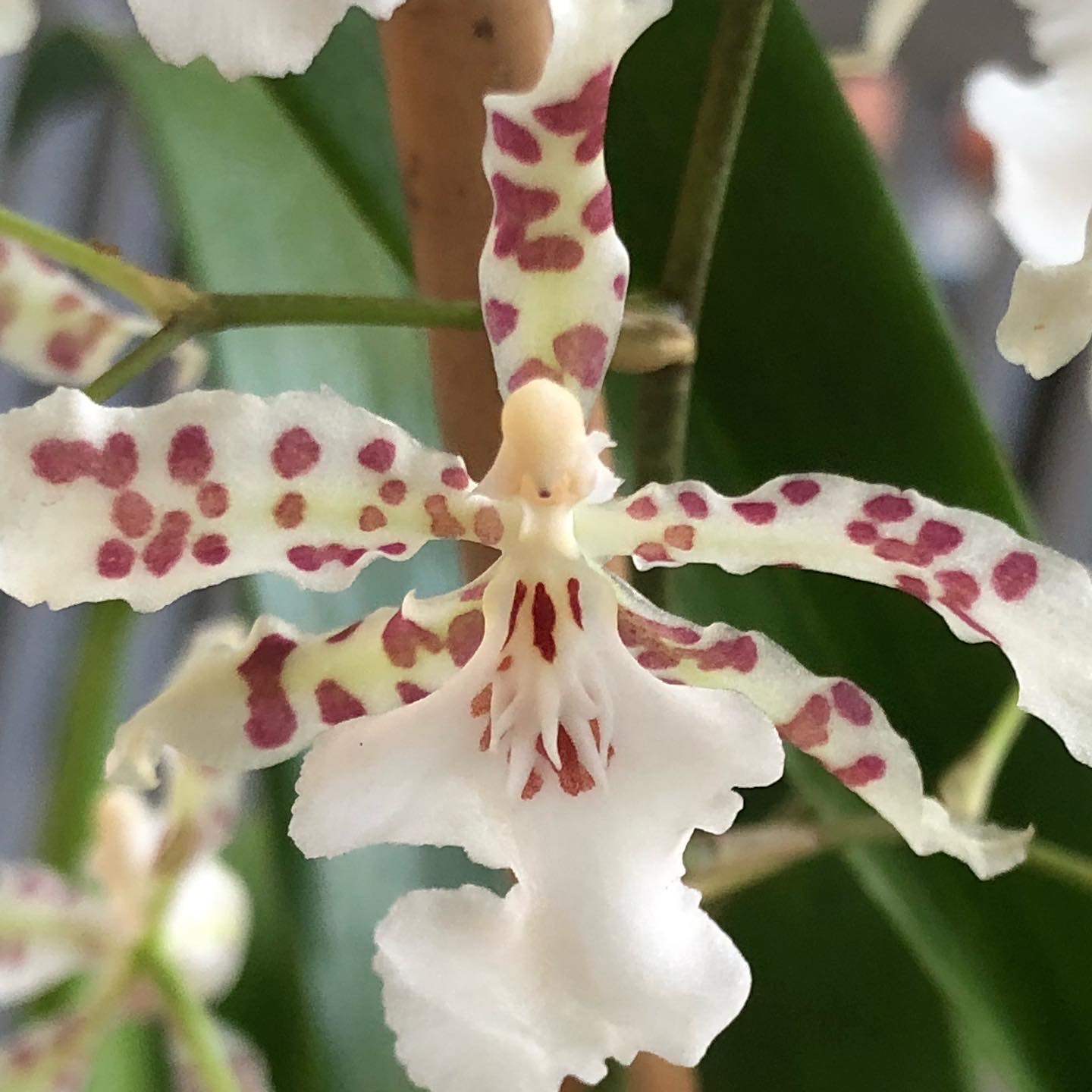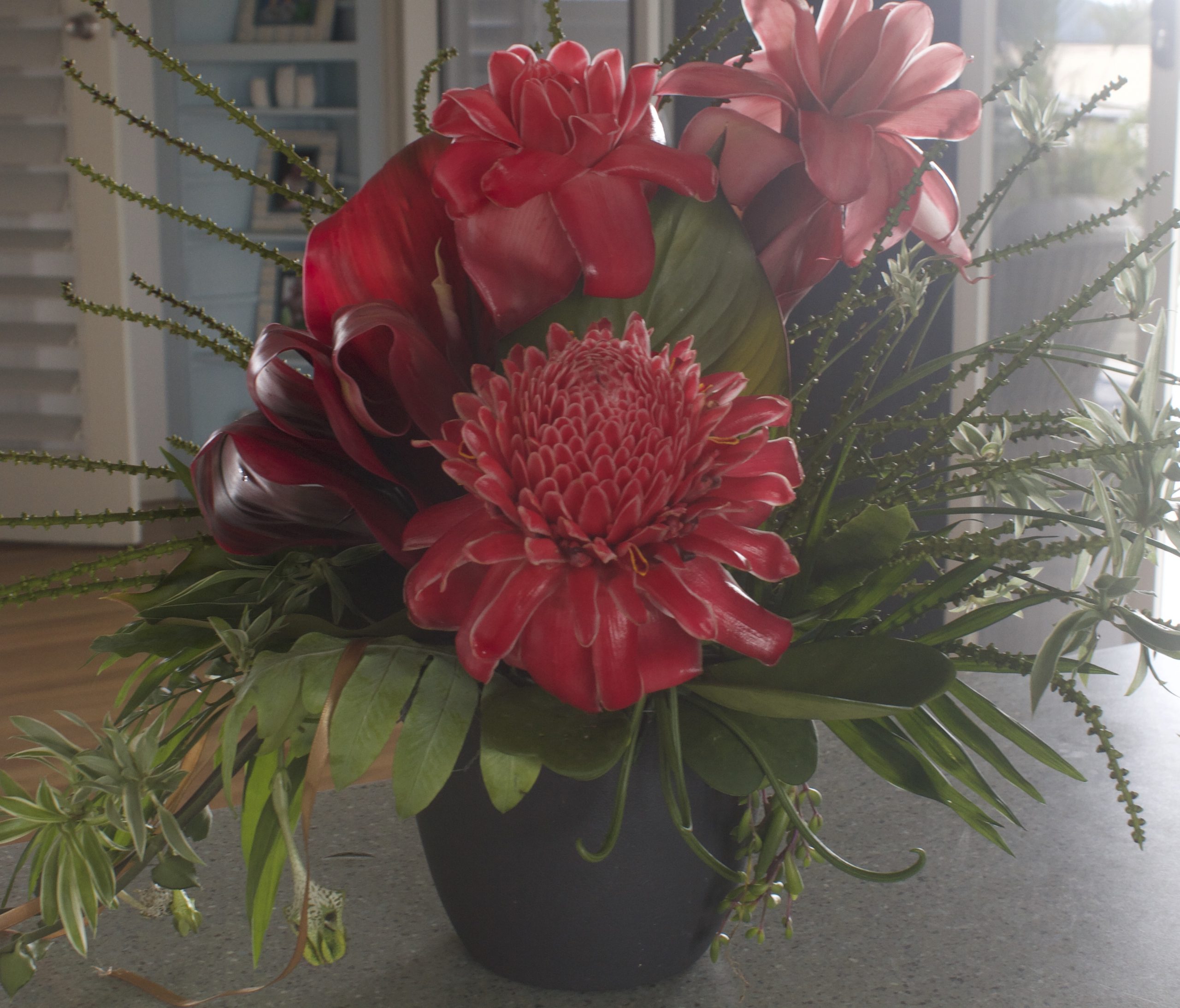If you’ve ever brought home a new orchid and thought, “I’ll give it room to grow,” only to see it decline, you may have fallen into one of the most common orchid care traps: overpotting.
Why Overpotting Kills Orchids
Overpotting creates a perfect storm for moisture mismanagement. Most orchids — especially epiphytes like Phalaenopsis, Cattleya, and Vanda — are adapted to dry out quickly between waterings.
Here’s what happens when you place an orchid into a pot that’s too big:
- The medium retains too much moisture for too long.
- The core of the pot becomes poorly aerated.
- Fungal and bacterial rot take hold.
- New growth slows or stalls completely.
Hot Tip: If you’re struggling to keep a Vanda alive in a pot, you’re not alone — Vandas are among the worst orchids to overpot.
Compotting: The One Time Overcrowding Is Good
Compotting is the careful practice of potting multiple orchid seedlings together after they’ve been deflasked. In this case, the shared root zone actually helps:
- Maintains humidity for tender roots
- Encourages steady acclimatisation from sterile to open-air conditions
- Balances moisture without waterlogging
But even in compots, use shallow, well-draining pots — never overly deep ones.
Mounting: The Natural Solution to Overpotting
If you’re tired of root rot, soggy bark, or plastic pot guesswork, consider mounting your orchids. Mounted orchids replicate their natural growing conditions:
- Roots get airflow and dry quickly.
- You can water more freely without fear of rot.
- Your orchids grow more naturally and healthily.
One gorgeous solution? Little Flower Business’s beautiful leaf mounts, hand-crafted to display your orchids like botanical artwork. These stylish mounts offer both aesthetic and functional advantages — giving your orchid roots room to breathe and your walls a bit of tropical charm.
. See here https://littleflower.business/mounting-orchids-in-the-tropics/When to Pot, When Not to Pot
Here are a few golden rules to keep your orchid roots happy:
- ✅ Use a pot just big enough for the roots.
- ❌ Never pot “for future growth”.
- ✅ Choose open, fast-draining media.
- ✅ Consider clear pots for better visibility.
- ✅ Mount instead of pot — especially for sensitive types like Vandas or Tolumnias.
Final Thoughts
Overpotting is a slow and silent orchid killer, but it’s entirely avoidable. Whether you’re dealing with a giant Vanda, experimenting with compotting seedlings, or rescuing a sad supermarket orchid, remember: orchids need air more than they need soil.
Mounting your orchids may feel like a leap, but it could be the best thing you ever do for their health — and your decor.




